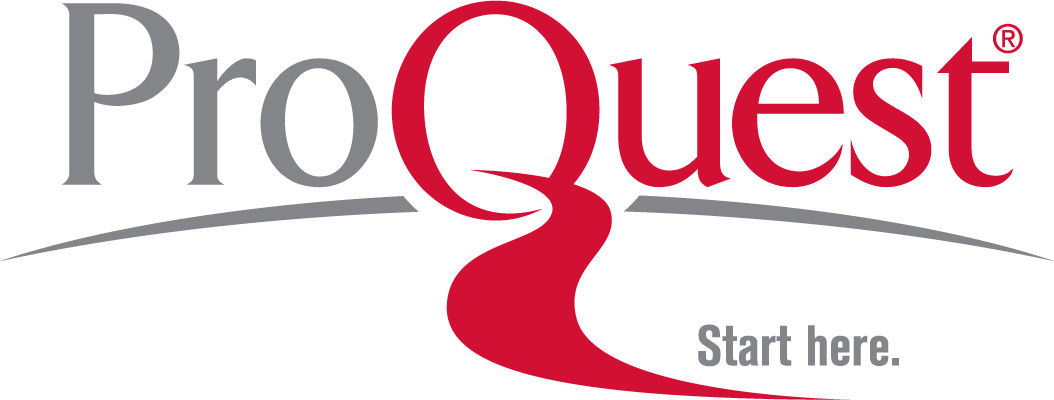Role of reverse logistics in the circular economy
Perspective of End Consumer Behaviour
DOI:
https://doi.org/10.13164/trends.2024.42.53Keywords:
circular economy, reverse logistics, customers, waste management, dependenceAbstract
Purpose of the article: The current problem on customers' side is the problem of waste generated after purchasing. The purchasing process provides a huge amount of waste, especially due to various kinds of packaging (boxes, bags, sacks) in paper and plastic form. The purpose of the paper is to get an answer, to how consumers behave after purchase with individual packages.
Methodology/methods: It targeted the verification of customer behavior in connection to point-of-sale activities and activities of reverse logistics. The data collection was carried out between August 2023 and January 2024, i.e. for 20 weeks. The questionnaire was distributed to a total of 2000 end customers who were selected according to their age (720 returned questionnaires, the return rate was 36.00%).
Scientific aim: The main objective of the paper is to define the potential relationship between the generating of end-consumers and package handling and package handling for food products. To get relevant answers there was a realized questionnaire survey.
Findings: The main result of the contribution is defining dependence between the handling of the packaging for the products purchased is not dependent on the age of the consumer. On the contrary, there is no provided dependence between package handling for food products is not dependent on the age of the consumer.
Conclusions: The concept of circular economy is currently being developed according to the description and requirements of the European Union with a focus on a comprehensive solution. The value of this contribution is in its connection to customers' / consumers' behavior in the context of the prevention and management of waste.












